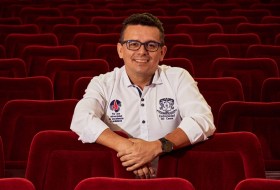News
Yes to Decree 0391, but with guarantees: formalizing human talent requires more than will
The issuance of Decree 0391 on April 1, 2025, by the Ministry of National Education represents a significant step forward for Colombia’s public higher education system. At the University of Cauca, we welcome this measure with hope, convinced that dignifying the working conditions of those who make the university possible, faculty and administrative staff, is not only a historic debt, but also an ethical imperative.
This decree proposes that public universities design and implement Labor Formalization Plans based on principles of merit, transparency, and stability. It is an important decision that acknowledges the need to consolidate stable employment ties and strengthen the human capital that sustains public higher education. Yet this goal, to be materialized, requires more than regulatory will: it demands strong, structural, and progressive funding from the State, ensuring its feasibility and long-term sustainability.
We have done It and continue to do It: stories with numbers and faces
At the University of Cauca, we have not waited for external regulations to compel us to act. On the contrary, we have responsibly embraced our institutional commitments and taken proactive steps with conviction.
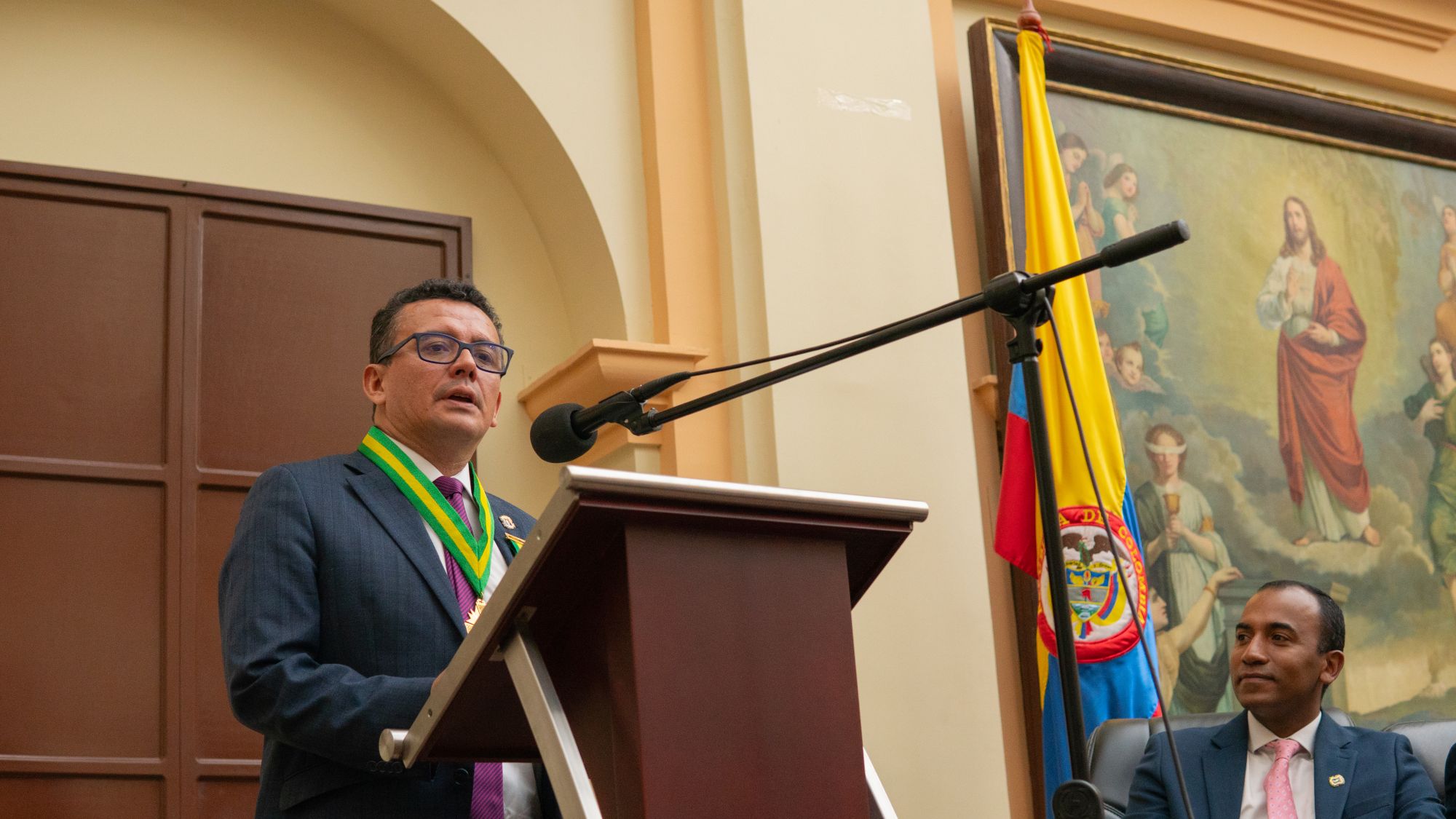
Provided photo
This is clearly stated in Superior Agreement 085 of 2021, issued by the University’s Governing Council, which categorically mandates public merit-based competitions to fill tenured teaching positions whenever vacancies arise due to retirement, resignation, or death. This regulatory duty aligns with our vision of a university that affirms its people as its most valuable asset and is built upon the principles of merit, transparency, academic quality, excellence, and solidarity.
Building on this framework, between 2023 and 2025, the University of Cauca launched three merit-based public competitions for part-time and full-time faculty, complementing the broader Hiring Plan proposed by this Administration:
In 2023, two calls were issued. The first, through Rectoral Resolution 0378, offered 4 positions, all successfully filled. The second, established by Resolution 0836, opened 27 additional positions across various faculties and departments. Of these, 15 were filled, while 12 remained vacant as the process could not be completed with eligible candidates.
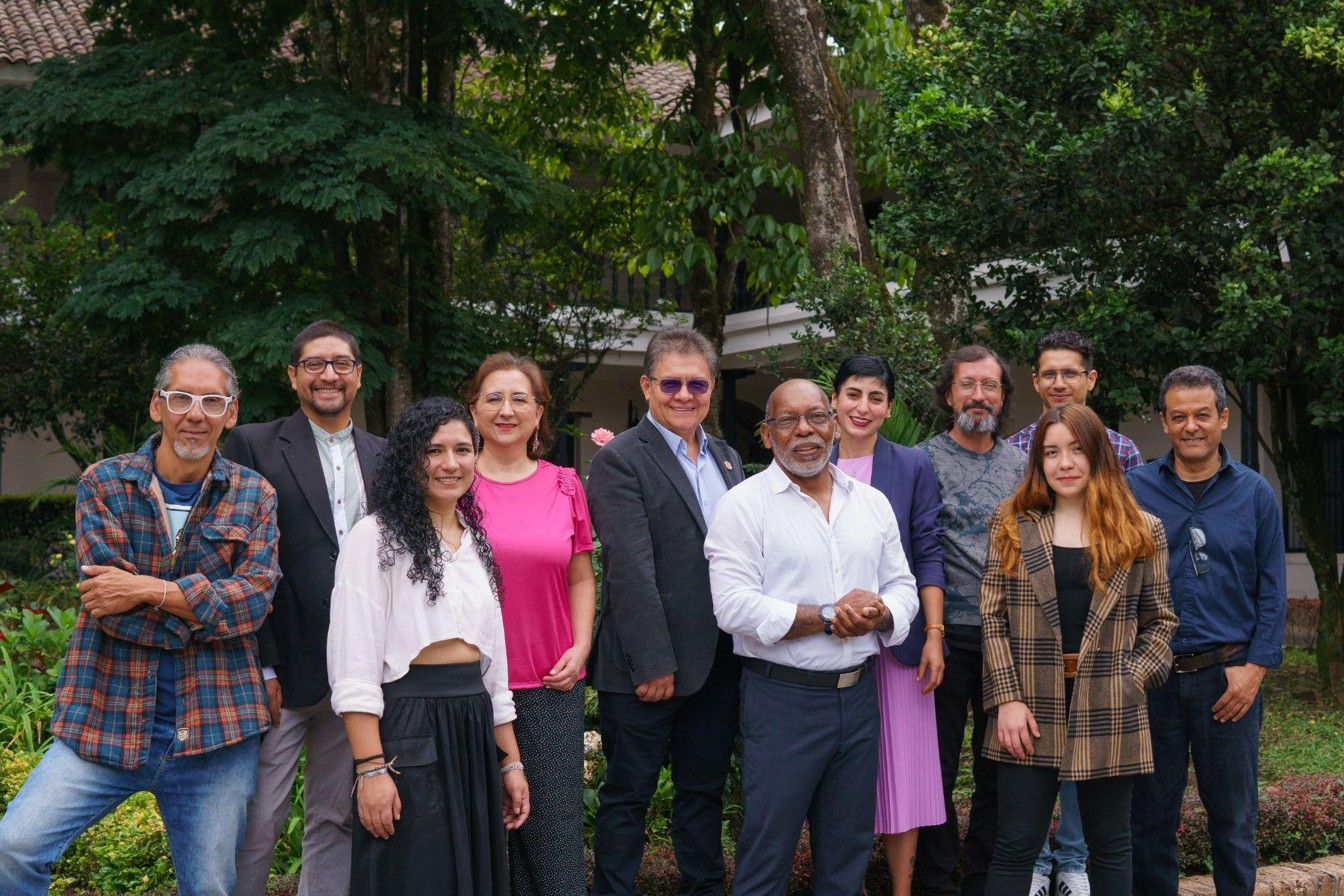
Provided photo
In 2024, based on the prior results and in compliance with Superior Agreement 085, the University launched Call 2024-1 (Rectoral Resolution 1313 of 2024), offering 45 tenure-track positions, both full-time and part-time. This included newly generated vacancies as well as the 12 unfilled positions from the previous competition, reaffirming our commitment to continuity and transparency. The process is currently in the interview and final evaluation stage, with appointments scheduled for the first academic term of 2026.
These processes are not mere compliance with internal regulations, they represent our ethical and academic commitment to ensure stable working conditions, promote merit, and strengthen educational quality.
Moving forward with these competitions has also required significant budgetary commitments. The recognition of academic credentials, intellectual production, and 46 weeks of dedication for part-time and full-time adjunct faculty has required institutional investments exceeding 72 billion pesos, responsibly assumed by the University of Cauca.
Behind each figure are faces and careers: professors who find stability, students who access strengthened education, and a public university that honors its principles with action. This path has been possible thanks to a clear policy, a committed community, and an institution that does not improvise when it comes to defending the public good responsibly and coherently.
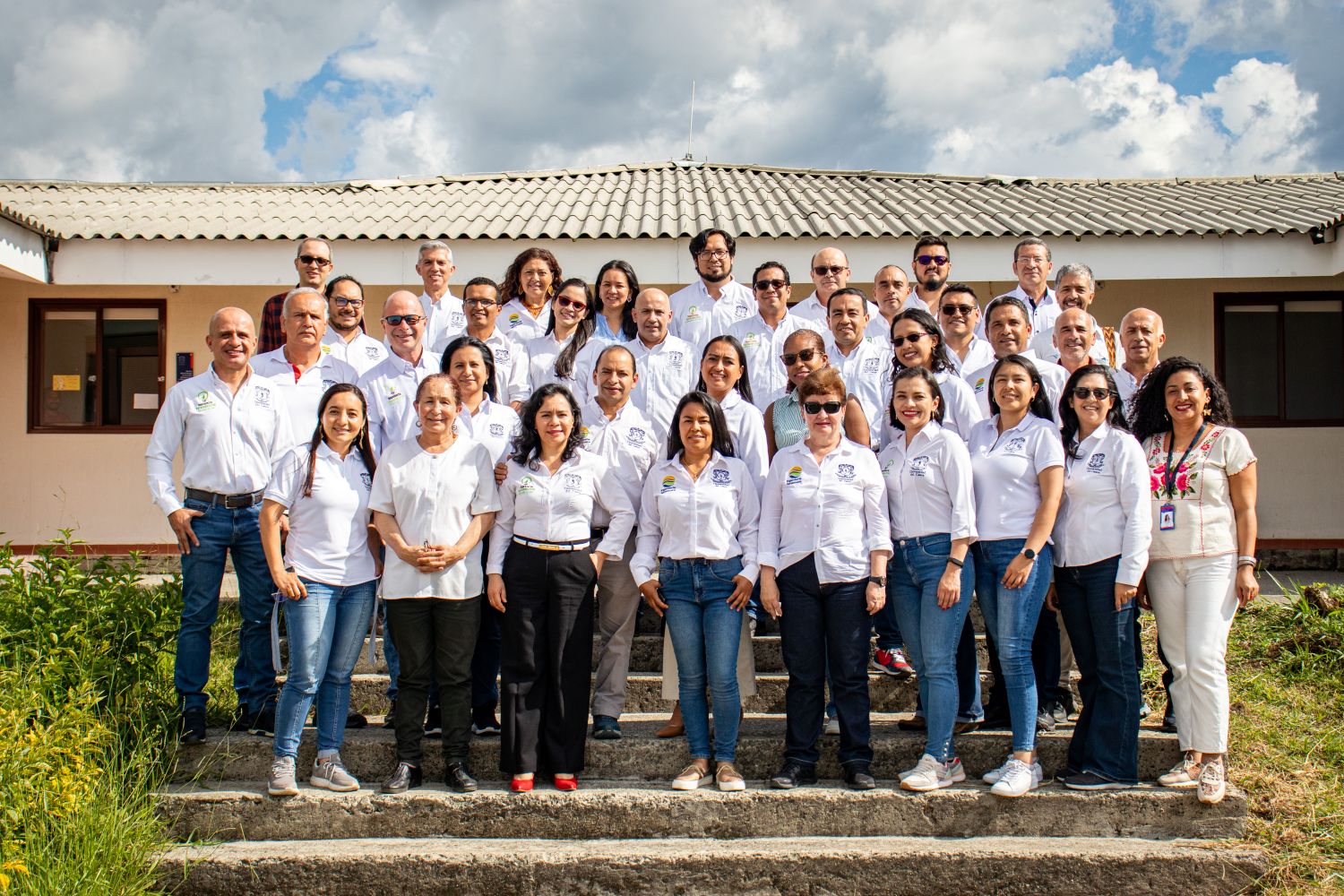
Provided photo
Principle of reality: without resources, commitments remain on paper
Although Decree 0391 represents an important regulatory step, it shifts onto public universities a financial responsibility that, under current conditions, surpasses our budgetary capacities. The formalization of teaching and administrative staff is a goal we fully embrace, but its implementation demands more than goodwill: it requires a robust and sustained financial base aligned with the magnitude of the transformation at stake. Based on our institutional analysis, we estimate an additional 135 billion pesos must be added to our baseline budget.
Within the framework of the State University System (SUE), the University of Cauca has maintained ongoing, constructive dialogue with the National Government. In these spaces, we have consistently reiterated that while we are ready to lead and advance formalization plans, it is neither viable nor responsible to do so without additional resources ensuring sustainability.
This call is neither a warning nor a withdrawal: it is an appeal to the principle of reality. Public universities cannot shoulder alone a reform that, by its scope and impact, must be understood as a national policy financed under criteria of equity, progressivity, and institutional co-responsibility. The State’s commitments cannot remain mere words on paper. They require concrete, timely, and sufficient backing.
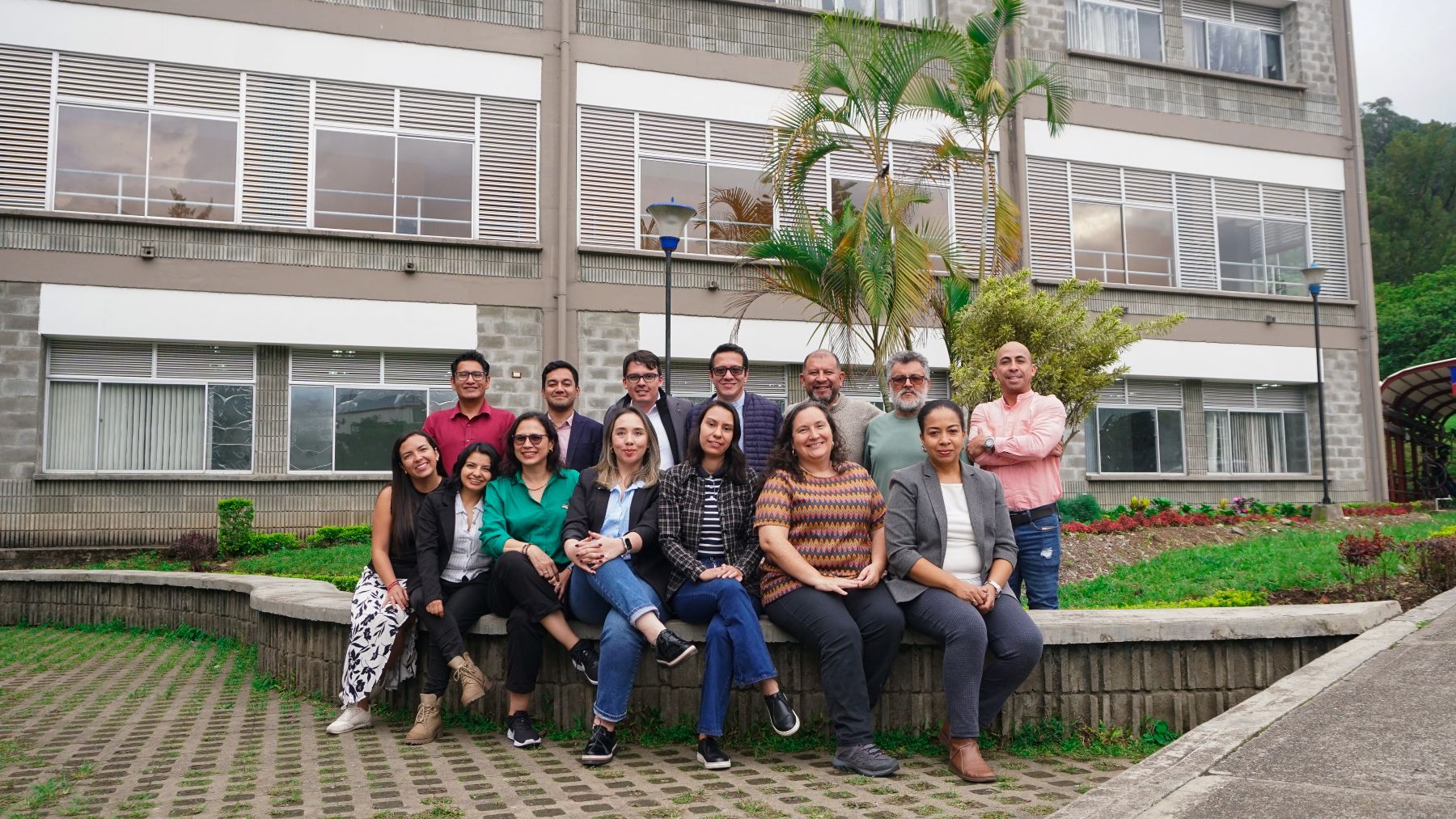
Provided photo
Formalization is a responsibility, not a symbolic gesture
From Popayán, from the Alma Mater of Cauca as it prepares to commemorate two centuries of service to the nation, we reiterate clearly: we are ready to continue advancing, but we cannot do so alone. The formalization of faculty and administrative work cannot depend solely on institutional effort. It must be a responsibility shared, led, and sustained by the State.
There can be no quality without stable working conditions. No excellence without recognition. No merit without guarantees. That is why we insist: the implementation of Decree 0391 must go hand in hand with a funded, coherent, and progressive public policy that enables universities to fulfill this mission without jeopardizing their fiscal balance or weakening their core functions.
At the University of Cauca, we have proven both our willingness and our capacity to act. But formalization cannot be reduced to a symbolic gesture or a promise in the air—it means acting responsibly. And in this case, that responsibility lies with the National Government.
Only with this real commitment can we turn words into sustainable transformations. Because public universities are not built with speeches, but with decisions. And the formalization of human talent is not declared: it is guaranteed.
Redaction: Deibar René Hurtado Herrera – Rector, University of Cauca


